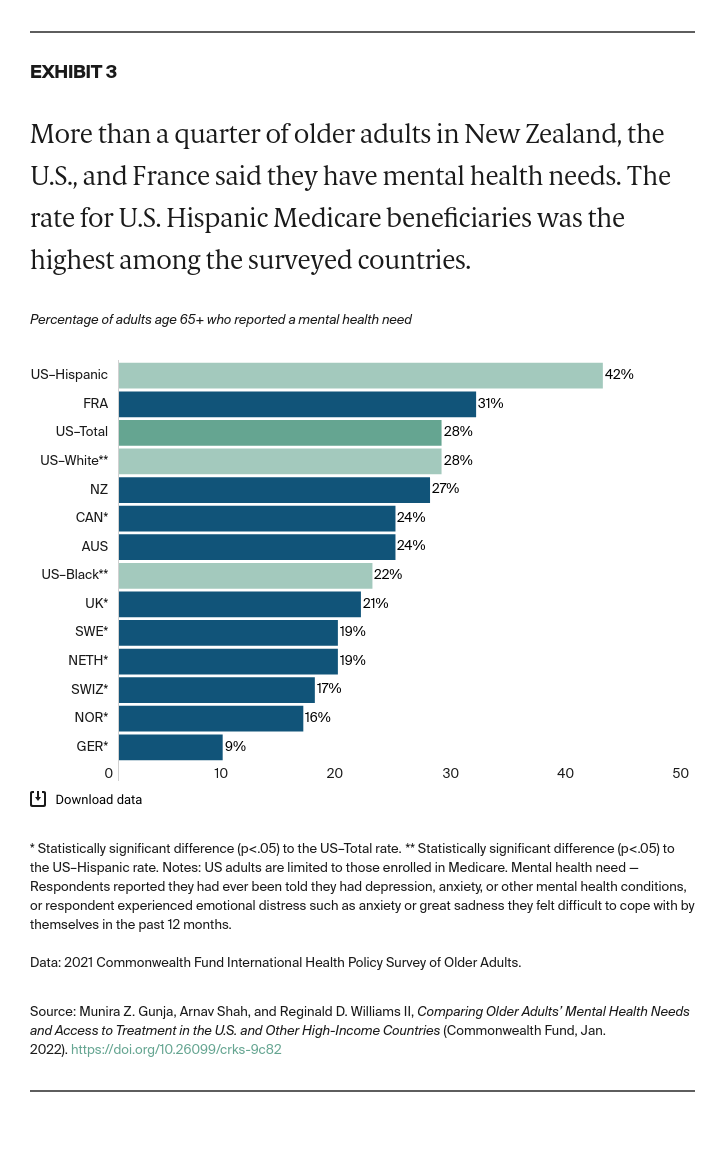
Being in good mental health means more than having no mental illness or stress. It is also about a dynamic internal equilibrium and the ability to work productively and fruitfully. We will be exploring the meaning of mental well-being in this article. Let's begin with the basics of mental health. It is a psychological condition in which someone feels confident about themselves and is free of anxiety. Next, we will explore a more detailed definition of mental health.
Dynamic state of internal equilibrium
A dynamic state or internal balance in mental wellbeing refers to the individual's ability use their abilities in harmony within society. Among the essential components of dynamic health are basic cognitive and social skills and a harmonious relationship between the body and mind. This article will explain how these components relate to one another. The concept of mental health can be confusing. Therefore, we will examine its differences from other mental health concepts.
Freedom from your anxieties
Karen Lynn Cassiday (national anxiety expert) shows us how you can overcome your fears and regain your ability to enjoy the joy of living, no matter where we are at that moment. This book uses cognitive behavioral therapy along with the learning inhibition method to help us to accept uncertainty and regain the joy of living now. It is not an easy book to read, but it will become a vital resource for anyone dealing in health issues.

Self-respect
Recognizing your strengths is the first step in developing a healthy sense self-respect. Even though you may not have a gift or ability that is obvious to others, it might be something you possess that sets you apart. Self-respect, in other words, means that you use your strengths to your advantage. Your unique qualities can open doors to new relationships and careers. You may even have an ability that others can't see, such as a great smile or a charming manner.
Ability to work productively and fruitfully
According to the World Health Organisation (WHO), "health is the ability to participate in society, and work productively." It includes the ability to manage both internal and external needs. The traditional definition of health is the absence of disease. Existing studies have focused on the complex interrelationship between mental health and work productivity in developed countries. In developing countries, however, the concept of health is more varied and includes other factors, including age, physical condition, and ethnicity.
Living a fulfilled life
Good mental health can lead to fewer emotional challenges than those with poor mental, but it is more likely for them to rebound from any kind of adversity. This trait is called resilience. It refers to the ability of to bounce back from stressful situations. If you feel that you have poor mental health, you may want to take a few steps towards bettering your condition. Here are some steps you can take to improve your mental wellbeing:

FAQ
What can you do if you are experiencing mental health issues
It is vital to seek support if you are experiencing any mental health problems. It is possible that you have been subject to abuse or trauma in the past. It's possible that this has affected how you think about yourself.
Another type of mental illness you might be experiencing is an addiction or eating disorder. These types of disorders can cause severe damage to your life.
You should not attempt to resolve them by yourself. Instead, you should talk to someone who knows what they're doing. Professional therapists can help you overcome these obstacles.
How can I avoid mental health issues in the future?
Preventing problems with mental health is much easier said than done. These are some tips to remember:
-
Don't drink alcohol. The effects of alcohol on moods can lead to depression.
-
Avoid drugs. Drugs can cause brain damage and worsen your symptoms.
-
Sleep well. Sleep deprivation can make you feel anxious and depressed.
-
Exercise regularly. Exercise is good for your mood and makes you feel happier.
-
Make sure you eat healthy foods. Eating junk food can make you feel sluggish and unhappy.
-
Spend quality time spending it with loved ones. Spending quality time with the people you love can lift your mood.
-
Have fun. Enjoy your life and be open to new experiences.
-
Take breaks from social media. Social media can make you feel isolated and lonely.
-
Be kind to your self. Treat yourself nicely, even if you aren't feeling great.
-
Ask for help. Ask for help. Talking with a friend or family member is a great way to get help.
-
It's okay to let go. The act of crying helps relieve stress and tension. It doesn't necessarily signify that something bad has happened.
-
Keep busy. Do something that you love.
-
Good hygiene is essential. Bad hygiene can make it difficult to feel attractive and clean.
-
Stay connected. Stay positive by connecting to others.
-
Learn how relax. Relaxation techniques such as meditation and yoga can help you to cope with stress.
-
Find meaning in your work. You can find fulfillment in your hobbies and work by finding meaning.
-
Concentrate on the moment. When you focus on the present moment, you won't worry so much about the future.
-
Set goals. Set goals will motivate you to achieve them.
-
Do something kind for yourself. Your self-esteem can be raised by doing something kind for yourself.
-
Practice gratitude. Gratitude helps you to appreciate all of the good things about your life.
-
Volunteer. Volunteering is an enjoyable way of spending time and making a difference in this world.
-
Give back. Giving back can help you feel fulfilled.
-
Pay attention to warning signs. If you notice any changes in your behavior, don't hesitate to reach out for help.
Is it more important to have mental health than work?
It is vital that everyone has a good mental health, especially those who work. If you feel stressed at work, you should try to relax by doing something fun like going out with friends, taking a walk outside, or listening to music.
Talk to your boss or supervisor if you feel stressed. You may find solutions to your stress through them.
You must also care for your physical well-being. You should eat right, exercise, and get plenty of rest.
These are 5 ways to improve your mental and/or emotional health.
-
Exercise – Physical activity improves brain function as well as increases energy levels.
-
Sleep – Getting enough sleep can help reduce anxiety and stress.
-
Nutrition – Eat healthy foods, such as fruits or vegetables, to keep your body strong.
-
Meditation - Regular meditation reduces stress and anxiety.
-
Socialization - Spending quality time with family and friends keeps us happy.
Why is mental health so important for students?
Students need to feel good about their mental health in order to be able focus on school and succeed academically. If you don’t feel happy, you won’t do well in school. Depression can lead to students missing class and poor grades. This could result in students dropping out high school and possibly even college.
You should talk to your parents and teachers if you have depression. They can help you get all the support you need.
It is important to understand that not everyone with depression needs medication. Talk therapy is very effective for many people. If you are interested in getting help, you should see a counselor.
What can you do to improve your mental health?
It is vital to maintain mental health, especially for those who are stressed from school, work, and family. The best way to improve your mental health is to exercise regularly, eat healthy food, sleep well, and spend quality time with loved ones. Exercise releases endorphins, which can make us happier. Healthy eating habits can also help our bodies function well. Good sleep gives us energy all day. Spending quality time with loved ones can improve our relationships and reduce stress.
Statistics
- It does have some influence, but not nearly as much as we might think, so focusing less on attaining wealth will likely make you happier (Aknin, Norton, & Dunn, 2009); (positivepsychology.com)
- Similarly, for positive mental health, there is likely to be substantial agreement about some typical components (e.g., resilience to stress) 6, and controversy about more atypical components (e.g., career consolidation). (ncbi.nlm.nih.gov)
- In any given year, an estimated 18.1% (43.6 million) of U.S. adults ages 18 years or older suffered from any mental illness, and 4.2% (9.8 million) (healthypeople.gov)
- It means no drinking any alcoholic beverages and no taking any drugs that aren't 100% natural.
- More than 40 million adults in the United States have an anxiety disorder, but less than 37% of people seek mental health treatment for their symptoms. (talkspace.com)
External Links
How To
How To Determine If One Needs To Ask For Help From A Mental Health Expert
To determine whether you need to seek professional assistance, some signs should alert you to the possibility that your problem might require professional attention. Any warning signs should be spotted and consulted a doctor.
-
You feel lost in your own head.
-
You are having difficulty sleeping.
-
Concentration can make your mind race.
-
You are thinking about suicide.
-
You feel hopeless.
-
It's as if life is too hard.
-
You have lost interest and are no longer interested in the things you loved.
-
You have stopped eating.
-
You have become withdrawn.
-
You may have used drugs or alcohol to manage stress.
-
You are losing friends or family.
-
You may have also experienced headaches, stomachaches or backaches, and chest pains.
It is imperative that you see a doctor immediately if you are experiencing any of the above symptoms.